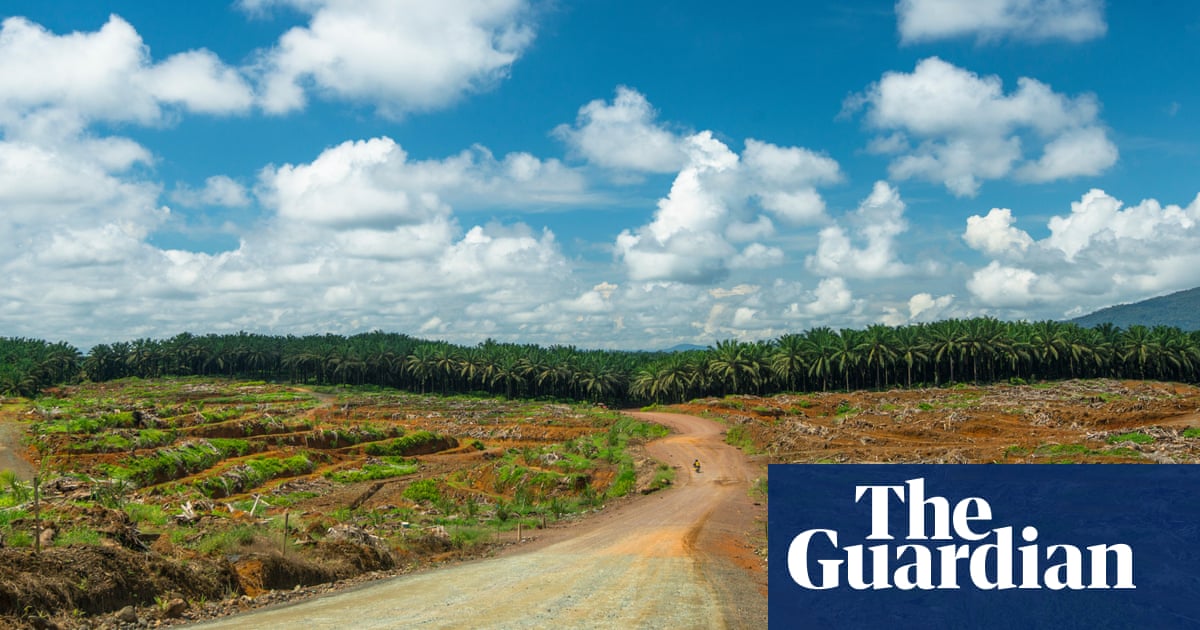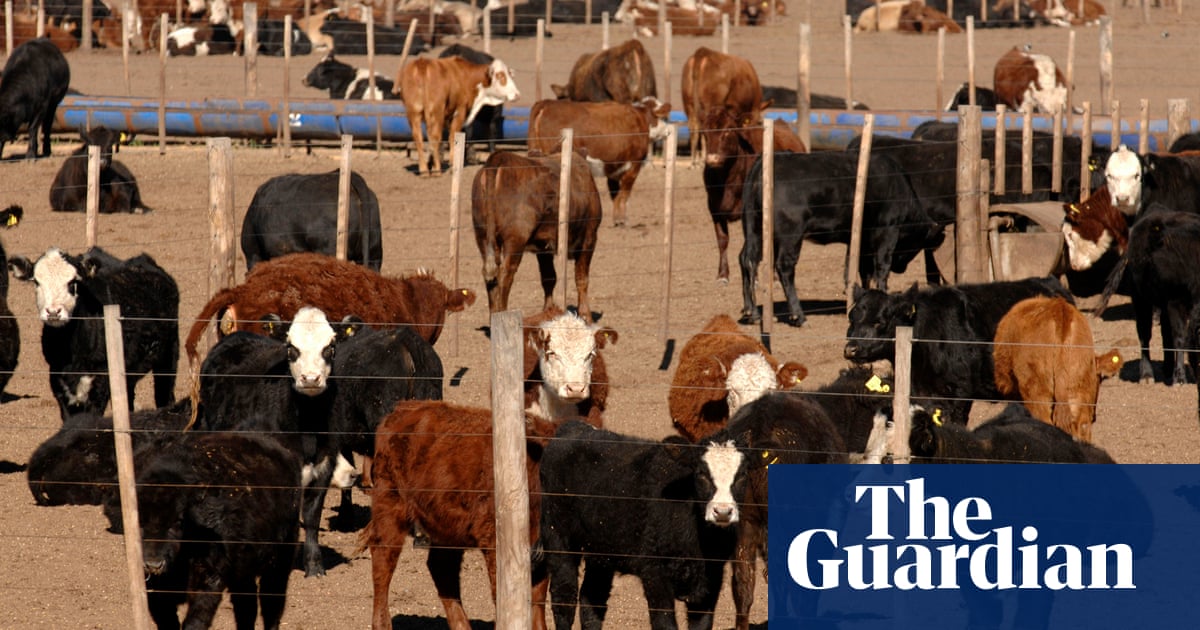
Tropical forests could become so hot that some kinds of leaves will no longer be able to conduct photosynthesis, according to a study published in the journal Nature.
The photosynthetic machinery in tropical trees begins to fail at about 46.7C on average. The research suggests that forests may be nearing dangerous temperature thresholds sooner than expected.
Using a combination of high-resolution data from Nasa’s thermal imaging instruments on the International Space Station and ground-based experiments in tropical forests across the world, researchers found that a small fraction, approximately 0.01% of all leaves, are already exposed to temperatures beyond their functional limits.
Models predict that once we hit a global temperature increase of 3.9 C, these forests might experience mass leaf damage.
Warming leaves, even if now in low numbers, act as a “canary in a coalmine for tropical ecosystems”, said Chris Doughty, an associate professor of ecoinformatics at Northern Arizona University and the lead researcher of the study.
He said the leaf-warming experiments had revealed a nonlinear rise in temperatures. “We were really surprised that when we warmed leaves by 2, 3 or 4C, the highest leaf temperatures actually increased by 8C. This shows a concerning nonlinear feedback that we were not expecting,” said Doughty.
“If we adopt a do-nothing response to climate change and tropical forest air temperatures increase by greater than 4C, there could be massive leaf death, possible tree mortality and species turnover across all tropical forests,” he added.
In terms of global impact, “the photosynthetic response would be the tip of the iceberg in terms of effects – reduced carbon uptake, likely increased mortality and even triggering possible transitions from forest to savannah”, said Mat Disney, a professor of remote sensing at University College London.
At least 50% of global CO2 exchange occurs through forest canopies, which act as key regulators of our climate.
“The importance of this work is that it is a first look at the specific impact of this leaf-scale warming on photosynthesis in tropical forests,” Disney said. “So while it is quite specific in one sense, it also provides a really interesting look at one of the underpinning processes in this region, and what might happen to it in the near future if we don’t act fast.”
Avoiding high emissions in the first place was key to stabilising temperatures. “We should do all we can to avoid high-emissions scenarios. Under low-emissions scenarios, almost all tropical forest tree leaves can avoid death from overheating and the trees will survive,” said Simon Lewis, a professor of global change science at University College London.
“Yet what the study doesn’t look at is heatwaves. We still might see tree deaths from overheating for limited periods during heatwaves under lower-emissions scenarios. Given that trees are very long-lived, an isolated mass tree death event could have major impacts for the rest of the plants and animals that rely on these big trees in the rainforest canopy,” Lewis added.
Researchers suggest that the damage is not yet irreversible. “Our model projections are not destiny. It suggests that with some basic climate change mitigation, the tropics can avoid this fate,” said Doughty. “Further, it helps pinpoint a few key areas that need further research, like whether tropical trees can change their upper temperature thresholds.”
Disney urged people to take action. “Vote for politicians who are serious about addressing climate change and transitioning to low-carbon economies,” he said. “More generally, we can all recognise the importance of supporting those countries and people who live in and rely on tropical forests economically, to help those transitions.
“But the serious changes to tropical forests that this work hints at don’t just affect the local people – it’s a global issue.”












